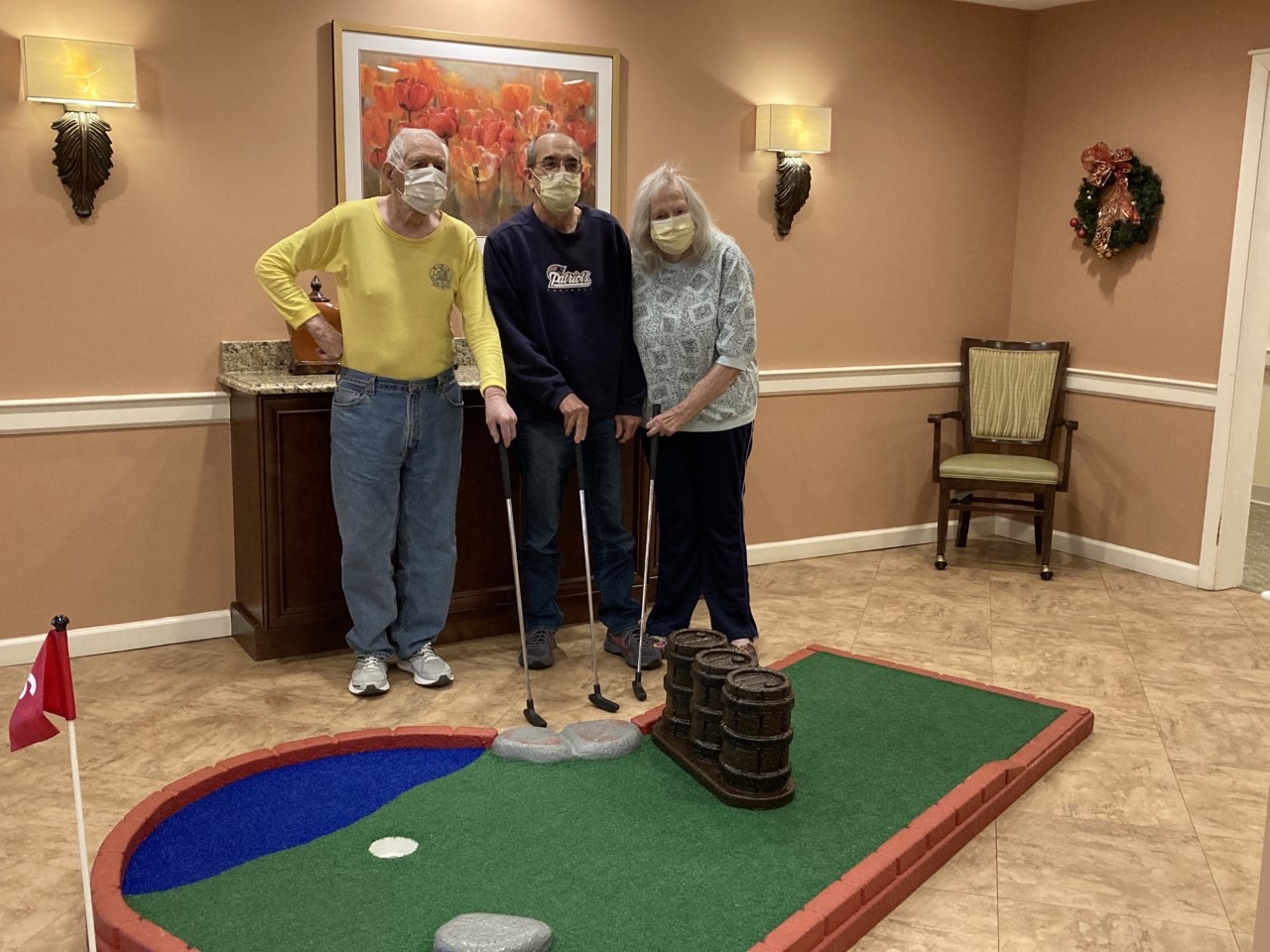According to the National Alliance for Caregiving and the American Association of Retired Persons (AARP), more than 34 million Americans serve as caregivers for an aging parent or other person every year. Many caregivers juggle work, children and family, and other personal responsibilities along with caregiving, which can lead to caregiver burnout. Putting yourself last may seem the only way to help with their health and personal needs, but the opposite is actually true. Not only will caregiver stress and burnout make it harder to support that person, but they can also put your own mental, emotional and physical health at risk.
6 Ways to Take Care of Yourself While Taking Care of Others
For caregivers, every minute of every day can feel accounted for with meeting the needs of the other, and the idea of taking time for self-care may seem selfish and downright impossible. But, as the stress and pressure of acting as a caregiver builds, it can inevitably deplete you of energy and limit how engaged and present you can be for your them and yourself. Investing in self-care before burnout sets in will allow you to stay healthy and be there for your loved ones when they need you most.
Signs of Caregiver Burnout
Everyone handles stress and pressure differently, and some people experience burnout sooner and more intensely than others. Being aware of and paying attention to your own needs and well-being are crucial to staying healthy and avoiding burnout. Some of the most common signs of caregiver stress and burnout include:
- Anxiety and depression
- Losing touch with friends and community/social isolation
- Loss of appetite or weight gain/loss
- Physical and emotional exhaustion
- Feelings of anger and resentment
- Getting sick more often than normal
- Difficulty sleeping/changes in normal sleep patterns
How to Care for Yourself Too
There is no right or wrong way to invest in self-care. Letting go of feelings of guilt will allow you to meet your own needs in a compassionate and gentle way. Whether that means going out for a nice meal at your favorite restaurant, having a facial or massage or just taking a 20-minute break to enjoy a beverage and snack at your favorite coffee shop, self-care is one of the most important tools available to caregivers.
Not sure where to begin? Here are a few guidelines to follow to prevent or recover from the strains and pressures of caring for an older adult:
Don’t Neglect Your Own Health
Putting off your annual checkup or dental appointment may not seem like a big deal in the short term, especially when your schedule is already full and you might be taking that other person to multiple doctor’s appointments of their own. But you can’t take care of someone else if your own health is compromised, and investing in your own health needs to be a priority for the benefit of your whole family. Stick to your preventive care, and don’t ignore symptoms or signs that something may be wrong.
Schedule Breaks –And Force Yourself to Take Them
Short time-outs and breaks from your caregiving duties can have a replenishing and restorative effect. Set an alarm, and step away to meditate or quietly unplug and read a novel or magazine for as little as 15 to 20 minutes a day if that is all you can manage. Even small acts of self-care can have a cumulative, positive effect on your stress levels and overall feelings of well-being. Start by taking a few deep breaths and work from there.
Make Time to Exercise
You don’t have to spend an hour or two at the gym every day to enjoy the physical and mental health benefits of regular exercise. Even if you just take a walk or practice yoga a few times a week, staying physically active will help to manage your stress and keep you energized. It can also help you to clear your thoughts and process your feelings in a healthy way.
Stay Social
Taking time to meet friends for dinner or drinks may seem selfish, but caregivers also need a network of supportive friends and community. Social isolation and losing touch with friends and the activities that you once enjoyed are the biggest risk factors for depression, stress, and burnout for caregivers. Your friends can be the best outlet and source of help and support in a difficult time.
Get Enough Sleep
Most adults do not get enough sleep, and busy caregivers are at an especially high risk of insomnia and not getting adequate sleep. If you indulge in one act of self-care, getting enough sleep should be at the top of the list.
Consider Respite Care
Respite care provides professional services for caregivers who need a break or support in taking care of another person. From skilled nursing and home care services to temporary assisted living for seniors so that you can take a short break to recharge, respite care is designed to help caregivers take care of themselves and for the needs of the older adult important to them.
SALMON Health and Retirement offers a number of resources and levels of support for seniors and others close to them. For more information about respite care for caregivers and senior care, contact us today.




